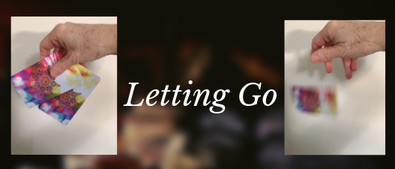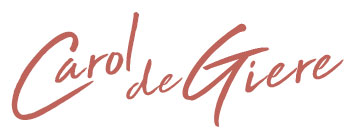“Letting Go” as a Creativity Principle
 For creative projects to move forward, our efforts must accumulate. But each new creation involves letting go of something that is older. A painter paints over an older layer, a writer cuts sentences that seem to drag, a creative chef drops a standard dish in favor of one with new flavorings.
For creative projects to move forward, our efforts must accumulate. But each new creation involves letting go of something that is older. A painter paints over an older layer, a writer cuts sentences that seem to drag, a creative chef drops a standard dish in favor of one with new flavorings.
Why not structure the “letting go” process into our work from the start? Here are some points I’ve learned for writing:
1) Start with abundance: Many writers intentionally generate excess temporary material through “overwriting” and “stream of consciousness” writing. From the beginning, the plan is to cut back or even entirely let go of the content, but the process warms up the brain to the topic at hand. Or in the case of collaboration, it provides the basis for discussion and refinement by the creative partners.
2) Step away and let go: By stepping back from the work for a walk or shower or another quiet moment, we let go of specific details and allow our subconscious to work. Sometimes it takes weeks or months to gain the perspective and detachment we need to be willing to cut and change earlier drafts.
3) Use feedback for cuts: Getting feedback from others doesn’t always make it easy to detach and change our creations, but it is usually essential. In the case of musical writing, getting good feedback usually requires gathering actors to present a reading in front of an audience. Then writers can sense how each moment lands with the sample audience and afterward, they can listen to the response from friends who attended as well as from the actors. Virtually all new musicals are tested and changed through such a process.
“Letting go” as a life principle
In our material lives, letting go seems to require a reversal of good fortune, which is one reason we often resist it. We spend years accumulating whatever supports our comfort, and at some point, we realize we must cut back or that we’ve outgrown our interest in a piece of clothing, furniture, or anything else. It turns out that grasping and hoarding isn’t particularly satisfying. To experience abundance requires accepting the ebb and the flow of life’s tides. The same holds for non-material aspects of our lives, like career decisions or relationship choices.
